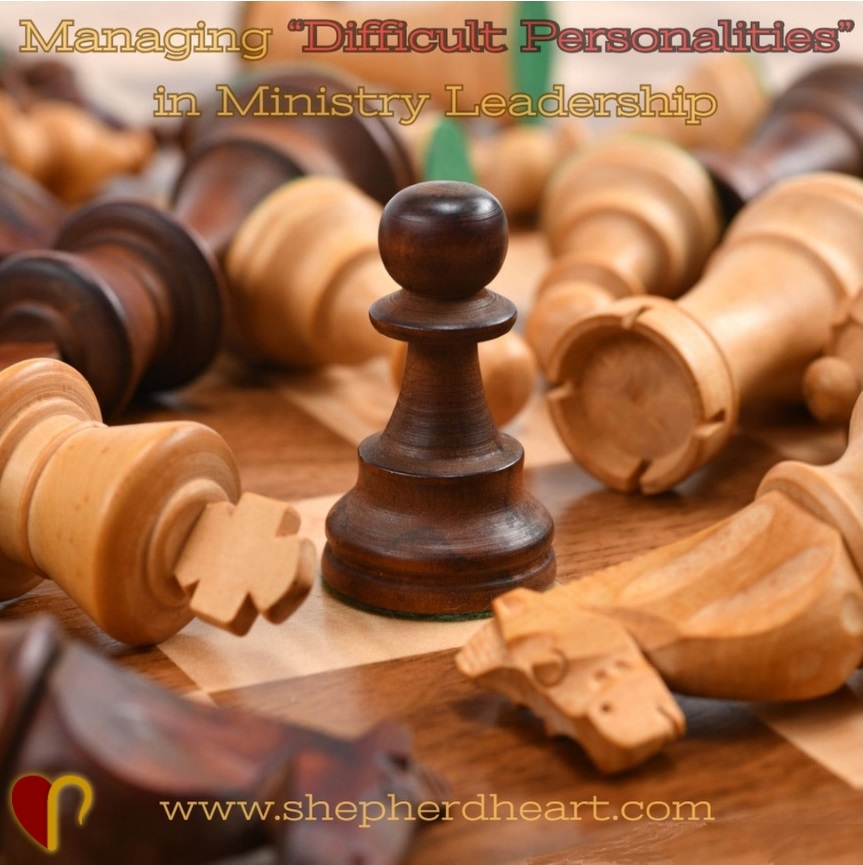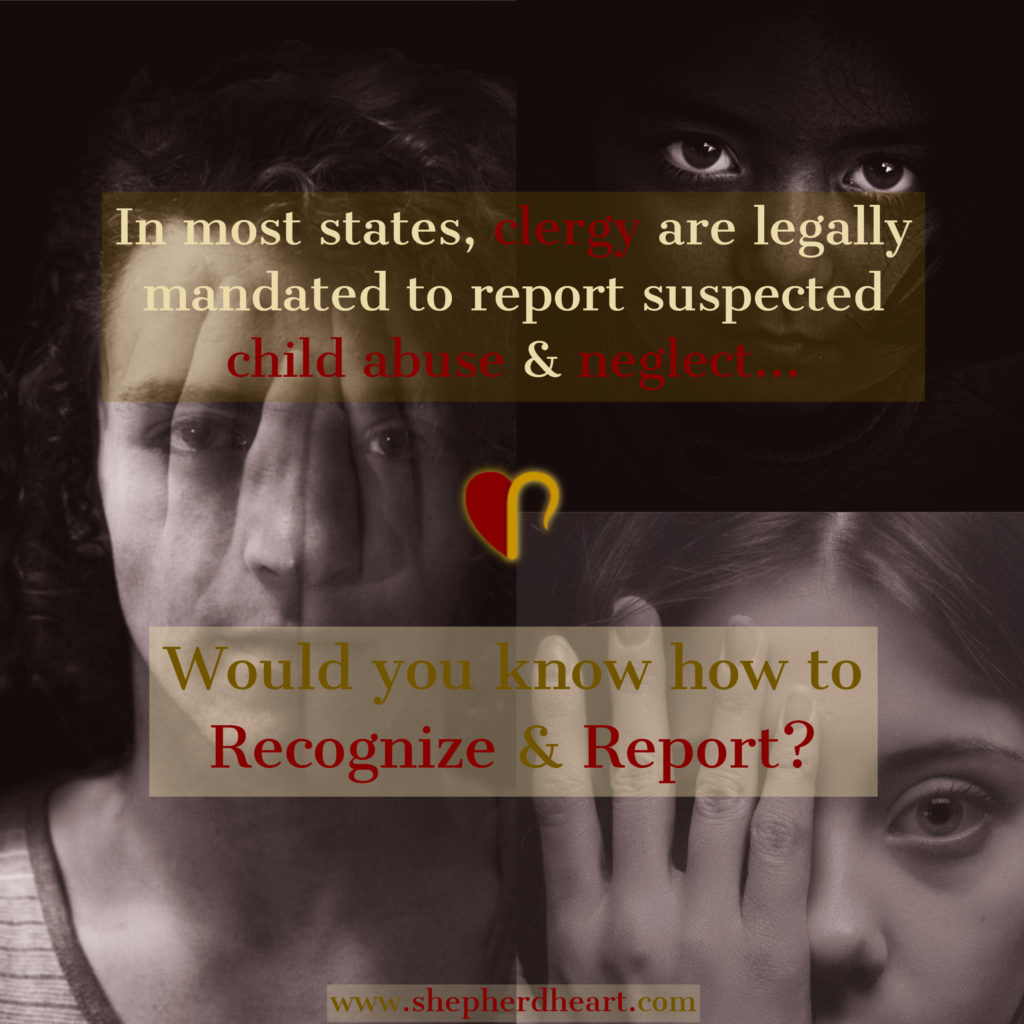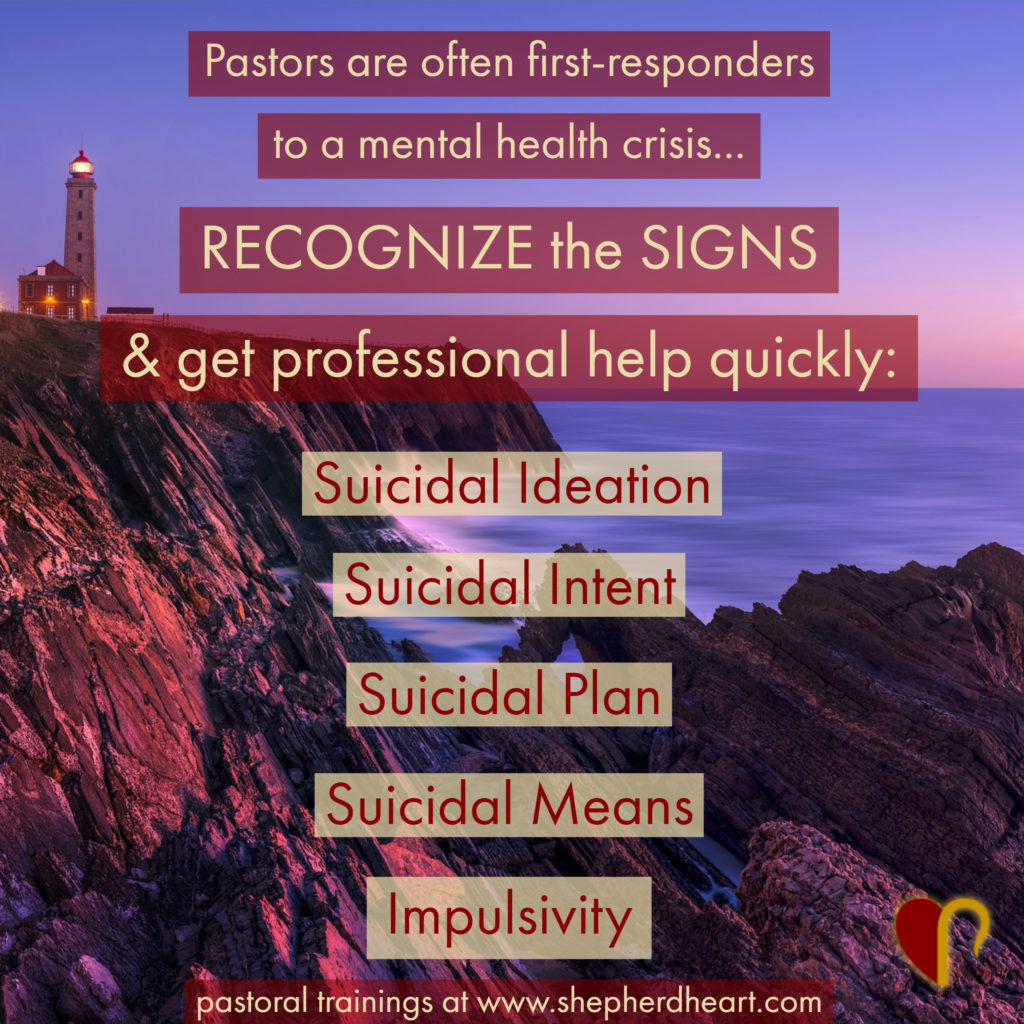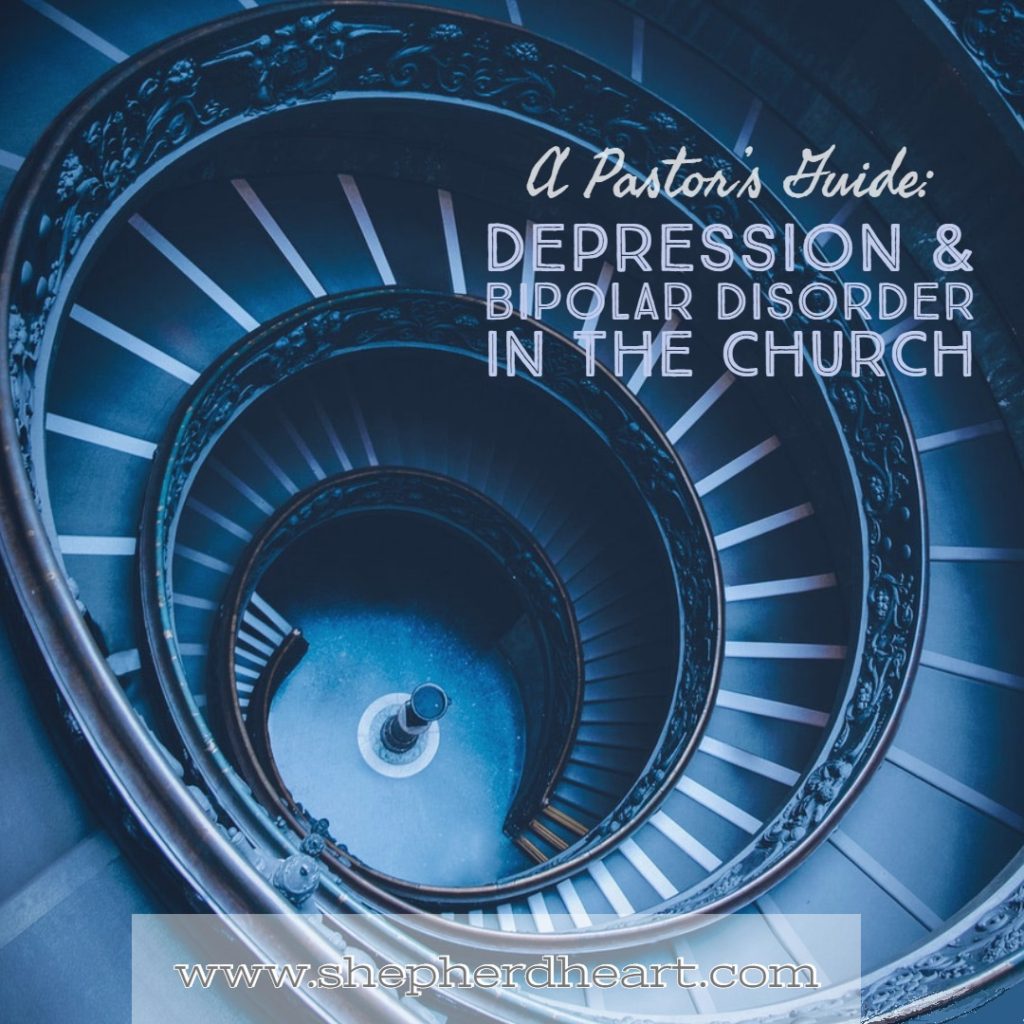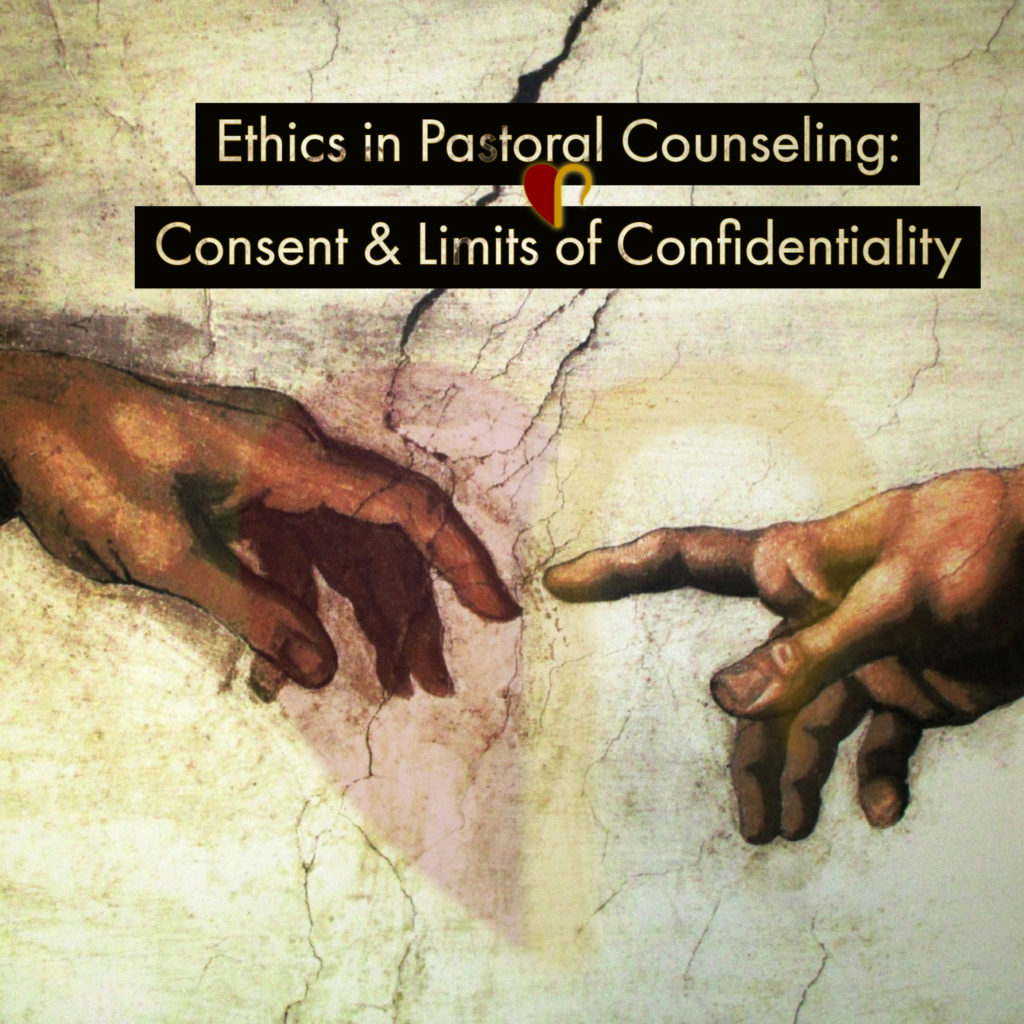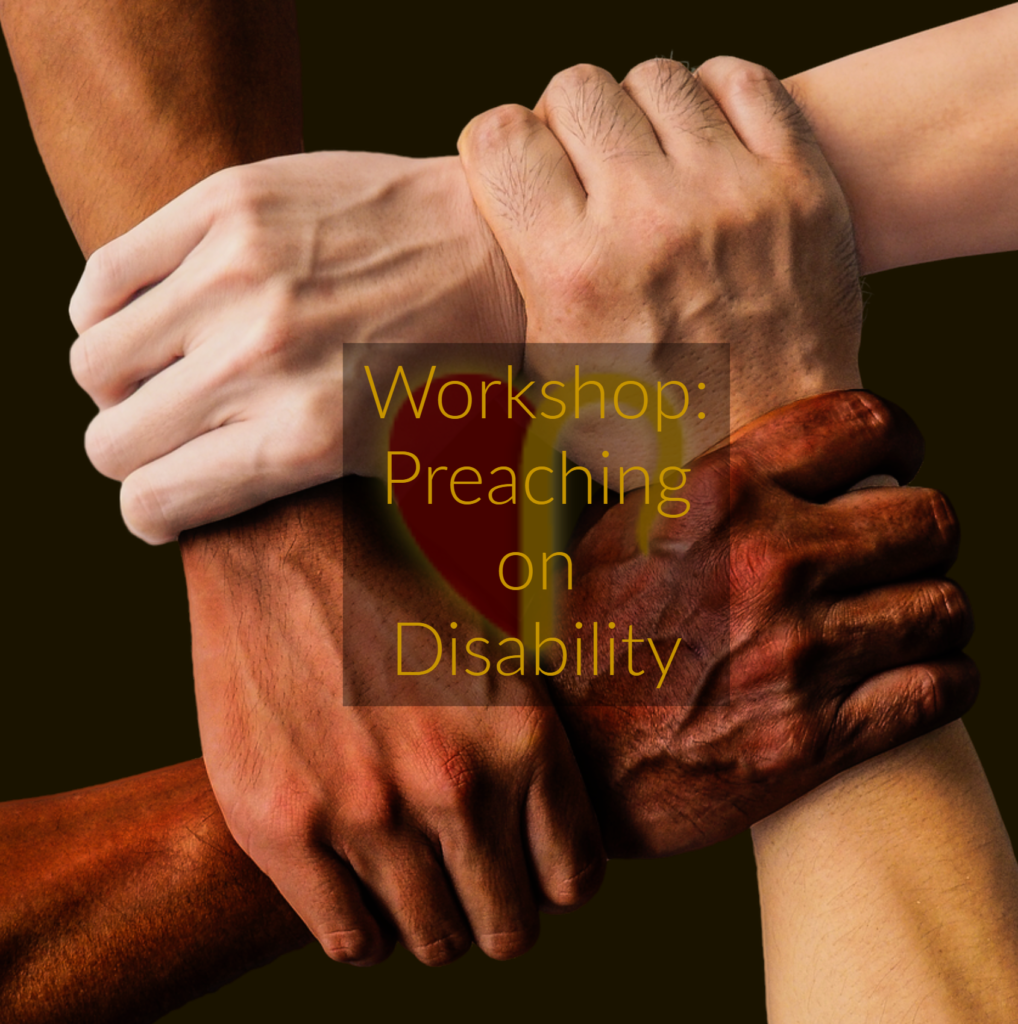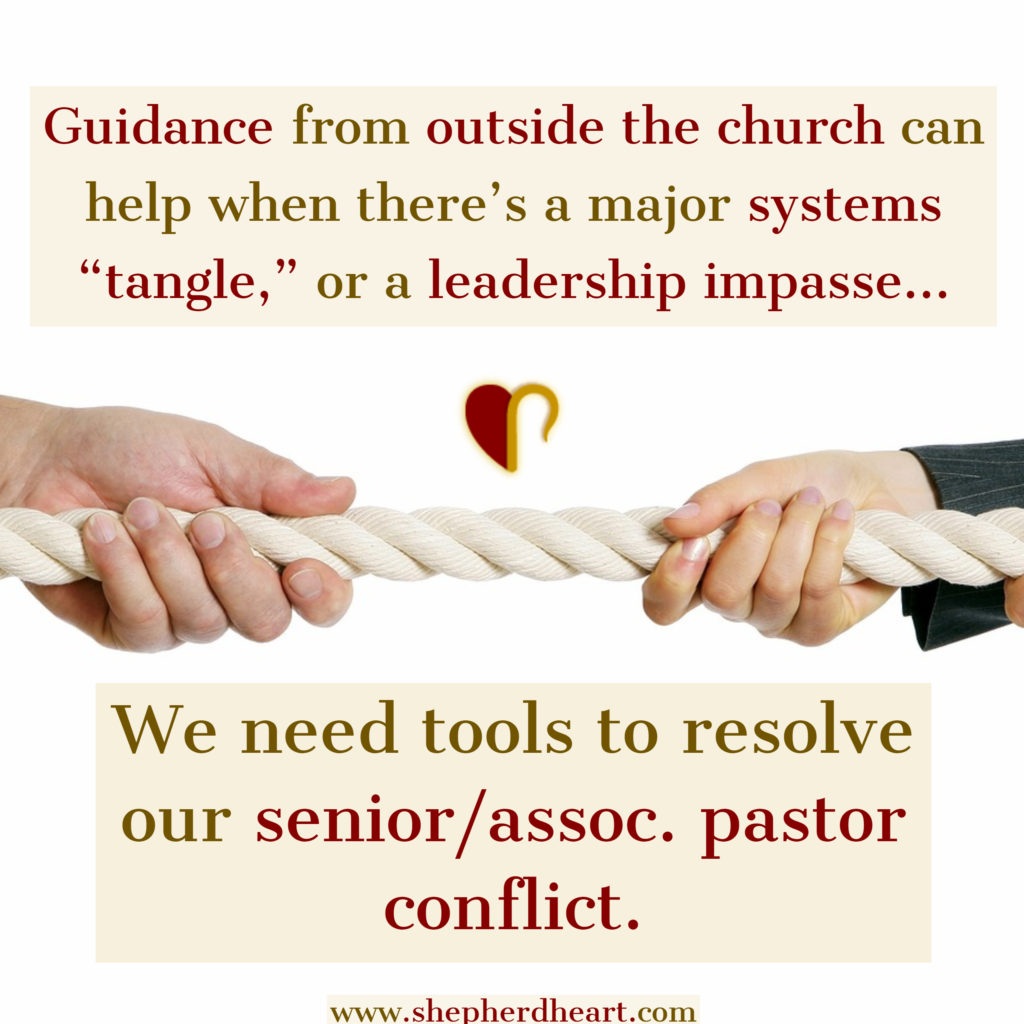
By Rev. Rich Shockey
At first, I thought I was just paranoid and that it was an anomaly, but now I know it’s real: Facebook is clearly listening to me. I know this because I can mention the most obscure thing in a casual conversation, like how to remove baba ganoush stains from my shirt, and the next thing I know my phone is unashamedly serving me ads for baba ganoush, stain sticks and bibs (in case you wondered, the baba ganoush was definitely worth it.)
I don’t mean to act surprised. Of course I realize I’m selling my soul to a corporation in exchange for photos of my friends’ breakfasts. They just seem to know me better than I do sometimes.
But social media, buttressed by its esoteric algorithms, is doing worse things to us than serving up the hottest advertisements based on our innermost desires. It is also shaping our desires by showing us what we think we want to see most. In an effort to deliver us content that is apt to elicit the strongest response from us, social media companies take great effort to learn about what it is that we will be most likely to react favorably to. (You can read more about confirmation bias and the echo chambers it creates in this CNN piece.)
This causes us to retreat deeper into our silos of thought, staying close to those who think most like we do and separating us more and more from those who might offer a challenge to our beliefs. So, when we’re confronted with opposing ideas that we find offensive, we work ourselves into a collective outrage, even congratulating ourselves for being on the right side of morality. For those of us who are peacemakers, this is a dangerous practice, for it draws us out of the steady work of justice and reconciliation. We make quick enemies out of one another and forget that peace was the purpose from the start.
In the days of a hyper-short news cycle, we have to express our outrage immediately if we’re going to be able to join the fray. We prove our rightness by being the first to speak, or the loudest to shout. I can prove just how conservative I am or signal just how woke I really am, even if it means I reach conclusions before all the facts are in. Remember the Nathan Phillips story, where it seemed nearly everyone (including me) got the story wrong in the first 24 hours? (See this Hidden Brain piece on the outrage that ensued.)
The Trappist monk Thomas Merton taught us what happens when our peacemaking efforts become too harried, when outrage derails our ability to discern the places of injustice that need our healing balm the most. He says,
“The frenzy of our activism neutralizes our work for peace. It destroys our own inner capacity for peace. It destroys the fruitfulness of our own work, because it kills the root of inner wisdom which makes work fruitful.”
And if our inner capacity for peace is destroyed, we can become disintegrated, anxious and depressed. Our ability to relate to others in healthy ways can become impaired.
As an evangelical pastor, I’ve found myself propelled headlong into peacebuilding efforts populated by many evangelicals who have recently made a journey through deconstruction. They’ve shed an other-worldly, escapist religion and are now trying to find a way to participate in the redemption and renewal of this world, seeing the Kingdom of God manifest now. Their moral compasses have had a major shift as they’ve moved from flat moralizations taken from the worst of propositionalism toward a more Jesus-centered faith, one that finds its center more in the Sermon on the Mount than in Pauline prohibitions.
But it will not serve us well to simply move from one extreme to another, becoming outraged at a completely different set of things. This conciliatory and redemptive work must find a center that has no place for reactive outrage. Our own mental health is at stake. We will have no harmony–neither within or without–if we are tossed about by the latest news cycle or twitter frenzy.
Perhaps Jesus’ model of outrage is instructive for us. In the story of the woman caught in adultery in John 8, surely there was room for outrage. The religious leaders clearly wanted Jesus to be outraged at the woman’s immorality. Any modern or postmodern reader could rightly be outraged that such an extreme measure is being sought out as punishment for the woman.
As Jesus wrote in the sand, this calm centeredness can be a model for our own healthy activism in the world. And maybe that is the mark of resiliency in us as well, when, instead of picking up stones in outrage, we patiently draw our lines of peace in the sand and watch the violence dissipate in their light. Our work is a slower one than what partisans and news outlets call us to. It’s steadier, reflecting the active (but not frenetic) and empathic compassion of Jesus. It does not shrink in the face of injustice, yet does not succumb to apathy either.
So, our peacemaking and peacebuilding efforts should always take a cruciform shape, not one tossed about by the excesses of outrage. We are, after all, participating in the coming kingdom of God through our work, which is one that brings wholeness through justice and well-being through empathy.

Rev. Rich Shockey is an ordained elder in the Church of the Nazarene and serves as executive director of a chaplaincy organization. He is an advocate for the vulnerable and marginalized and is the founder of Nazarenes United for Peace.

SCHEDULING NOW for November & December!
Schedule a training for your ministry team or leadership team.



